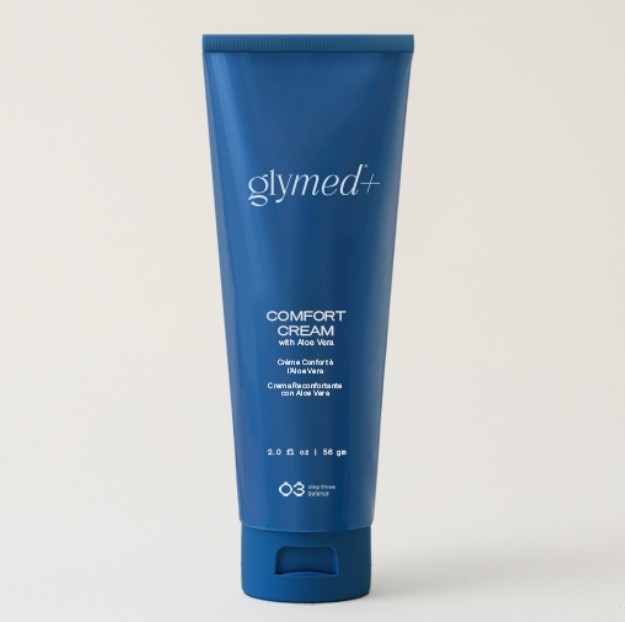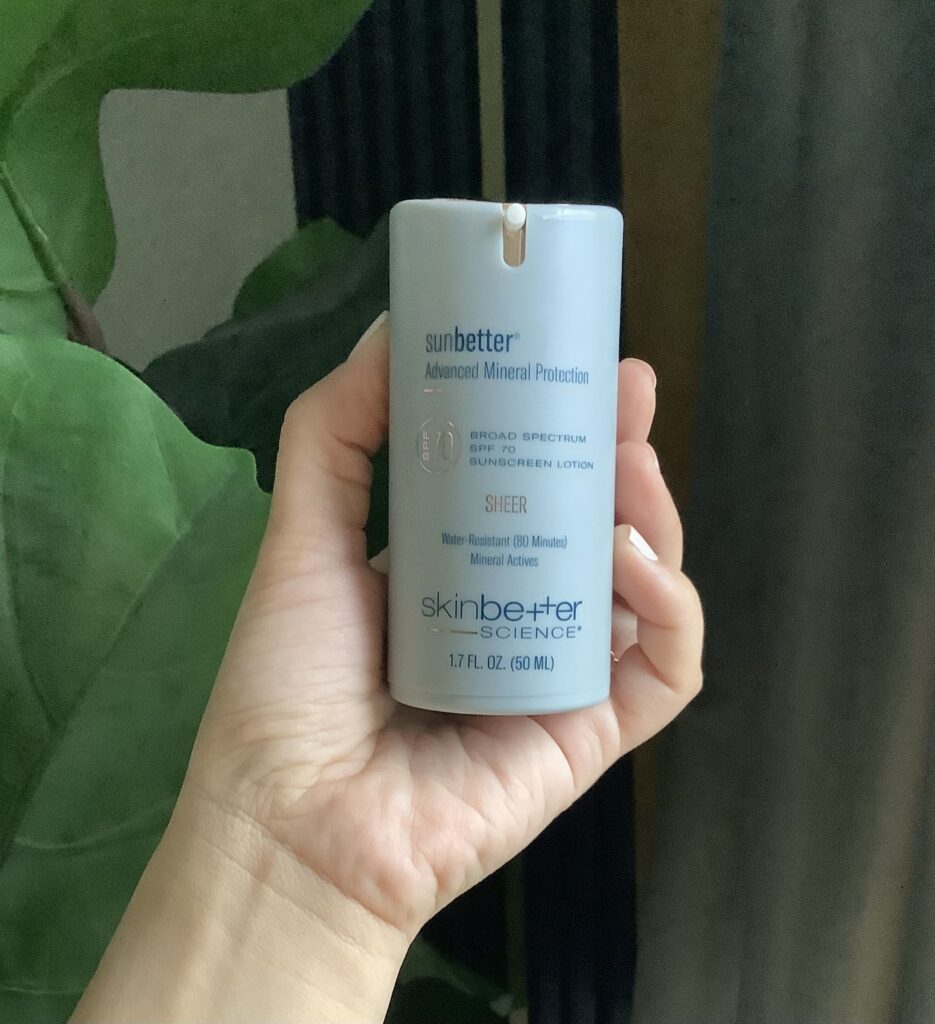
By taking care of your sensitive skin, you can help reduce irritation, redness, and discomfort to maintain its health and appearance. Proper management can also help prevent flare-ups and reactions to various irritants, leading to a more comfortable and balanced complexion.
Fragrance Free
Fragrances, whether synthetic or natural, can be irritating and allergenic. By avoiding fragrances, these products reduce the risk of irritation and allergic reactions, making them suitable for sensitive skin. Also, fragrance-free products often contain fewer potentially irritating ingredients, further minimizing the risk of adverse reactions and helping to maintain the skin’s natural balance.
Patch Test
Patch testing can be a helpful tool in managing sensitive skin because it allows you to identify specific ingredients or products that may cause irritation or allergic reactions. By applying a small amount of product to a small area of skin, typically on the forearm or behind the ear, and observing the skin’s reaction over a period of time, you can determine if the product is suitable for use on your face or body.
Don’t Over Exfoliate
Excessive exfoliation can damage the skin’s natural barrier, leading to irritation, redness, and increased sensitivity. Exfoliation helps remove dead skin cells and unclog pores, but too much can strip away the skin’s protective layer, making it more vulnerable to irritants and environmental aggressors.
Instead, opt for gentle exfoliants and limit exfoliation to 1-2 times per week to avoid compromising your skin’s barrier function and maintain a healthy skin balance.
Sun Protection
Sun exposure can exacerbate skin sensitivity, leading to redness, irritation, and other issues. UV rays can also trigger inflammatory responses in the skin, making it more reactive and sensitive over time. Use mineral sunscreen.
Additionally, maintaining a consistent skincare routine, staying hydrated, and managing stress levels can help minimize sensitivity and promote overall skin health.



